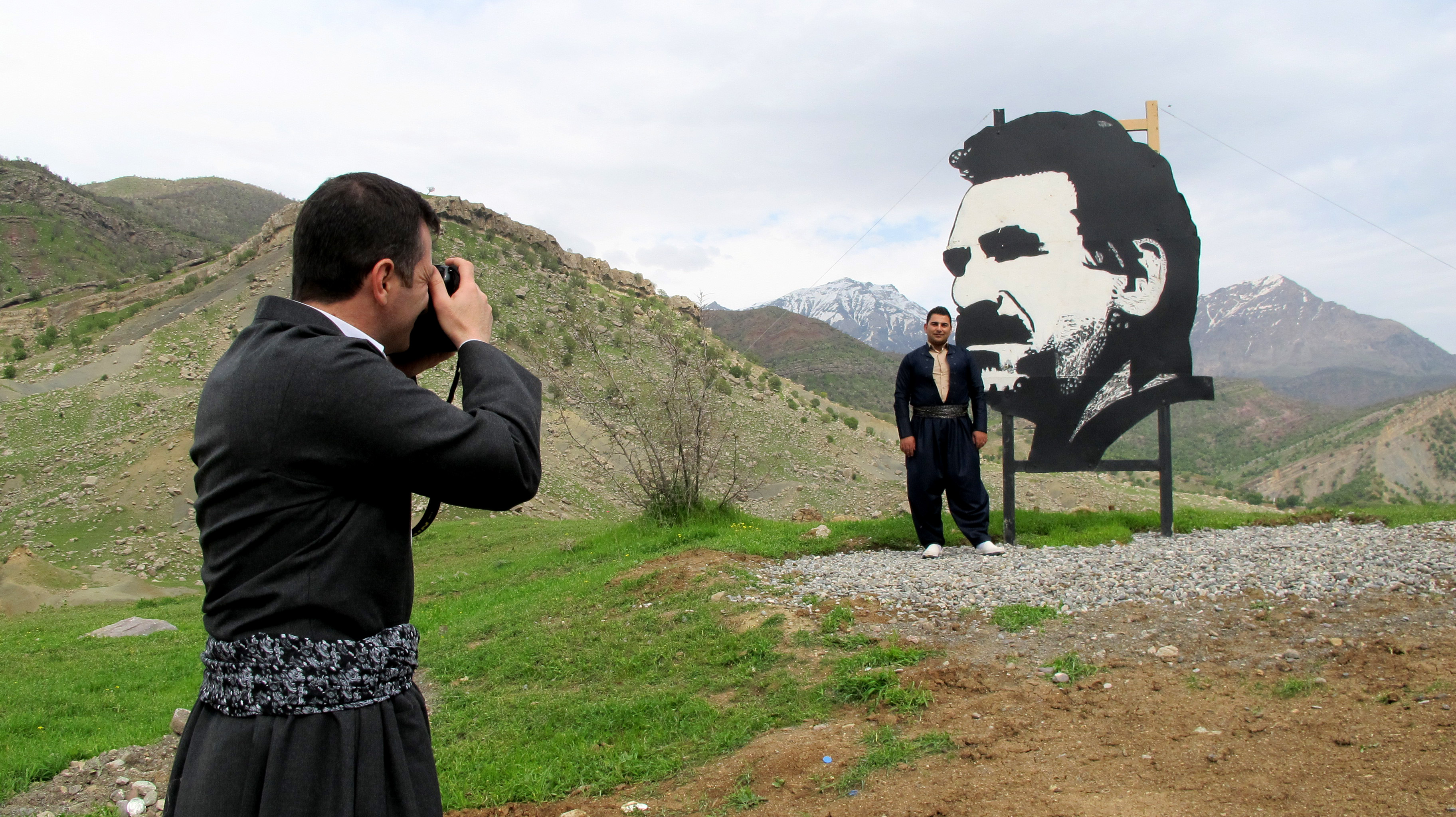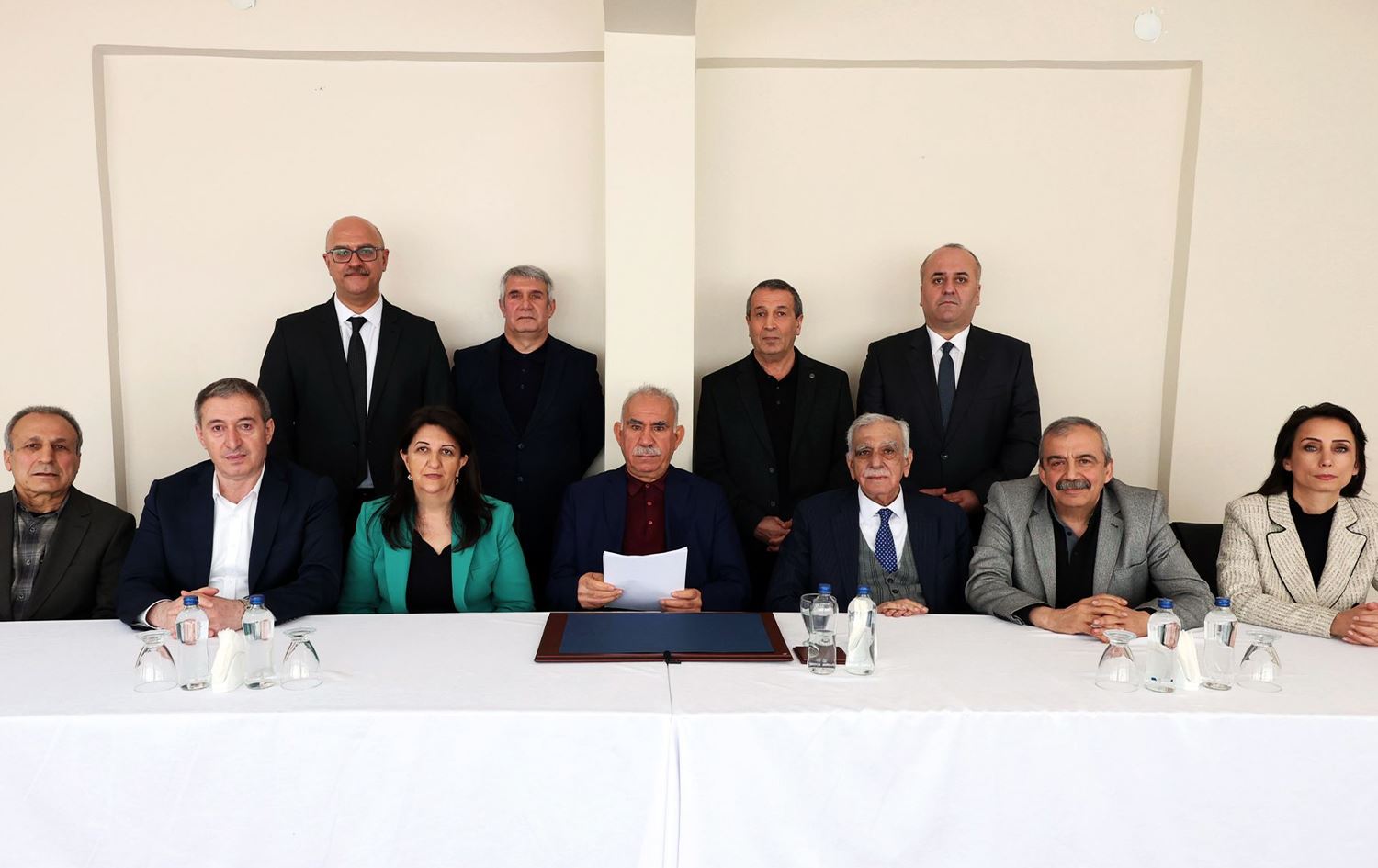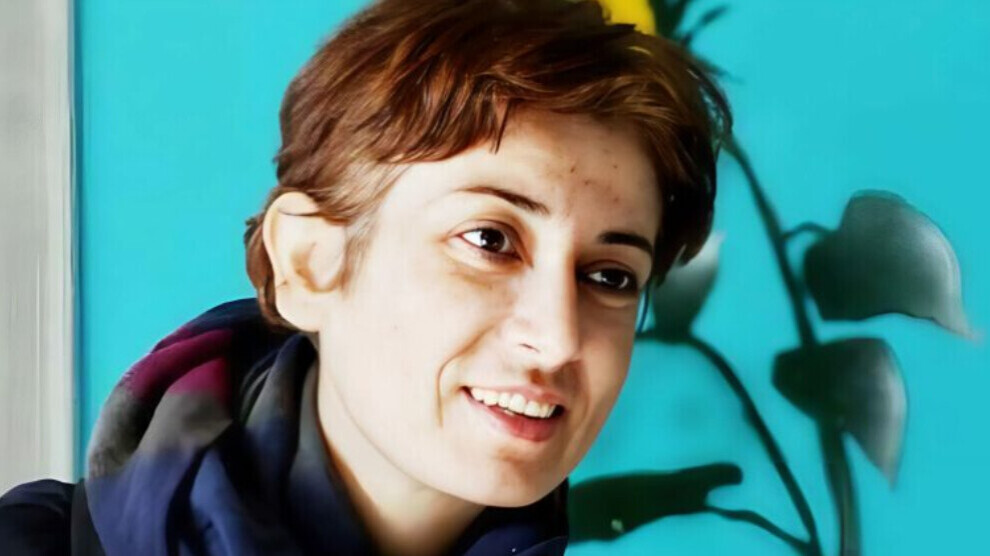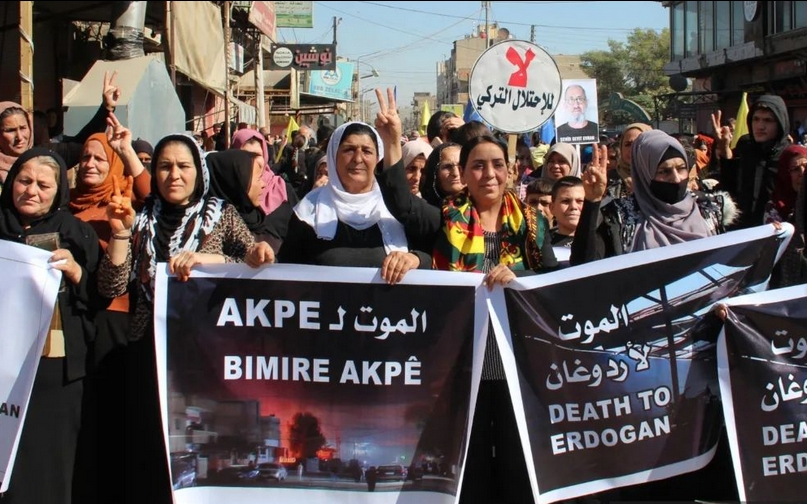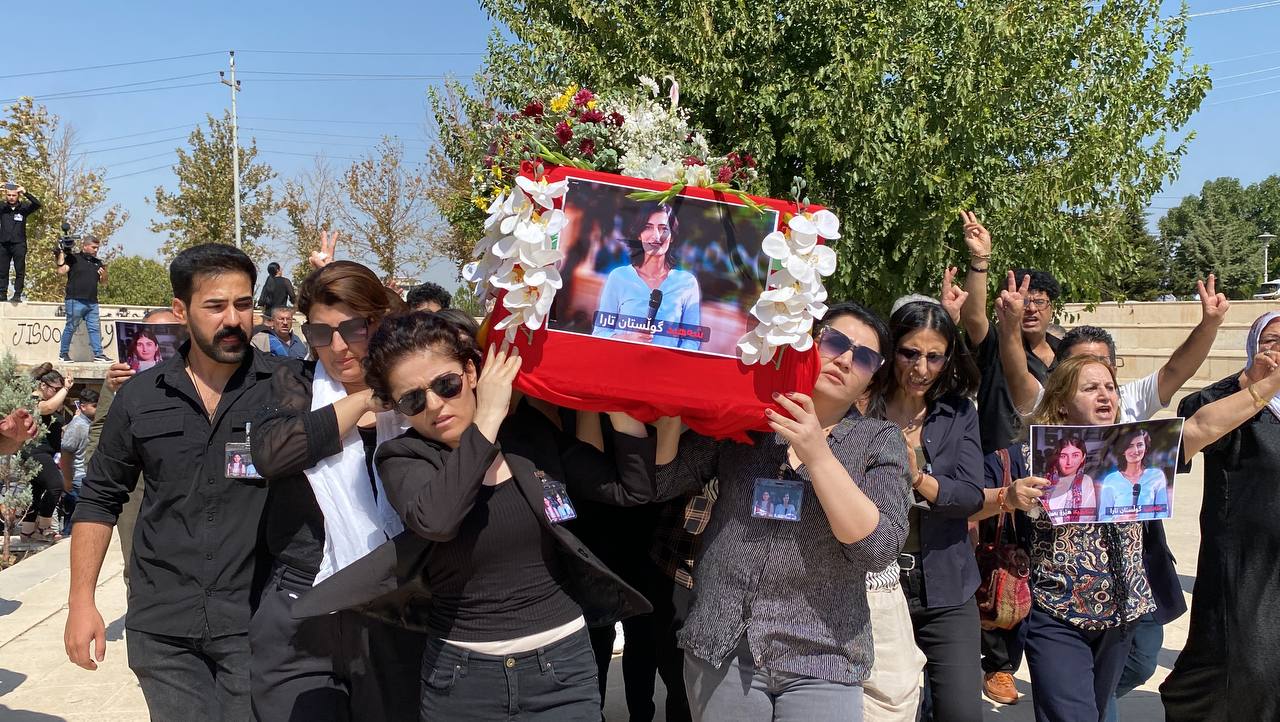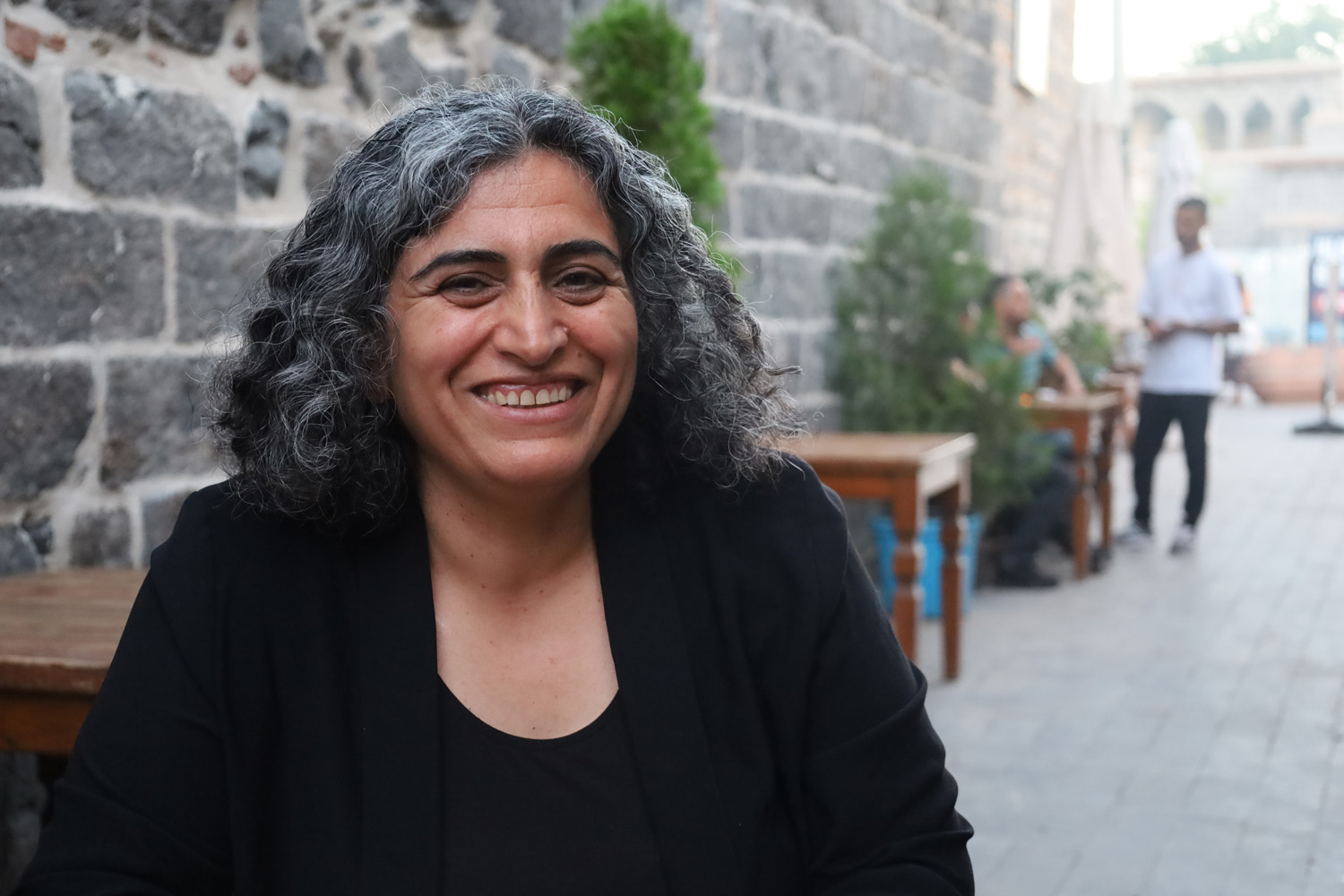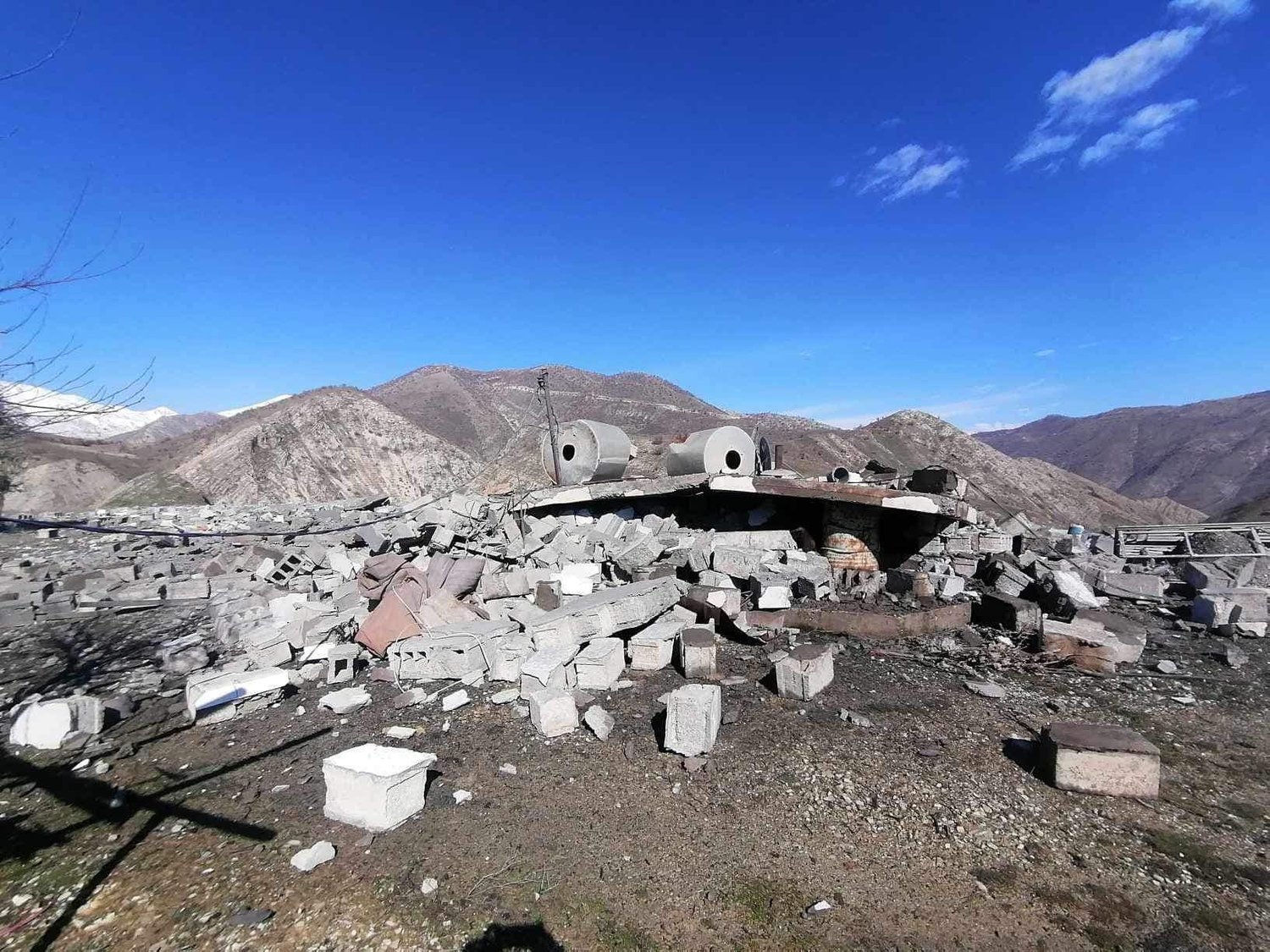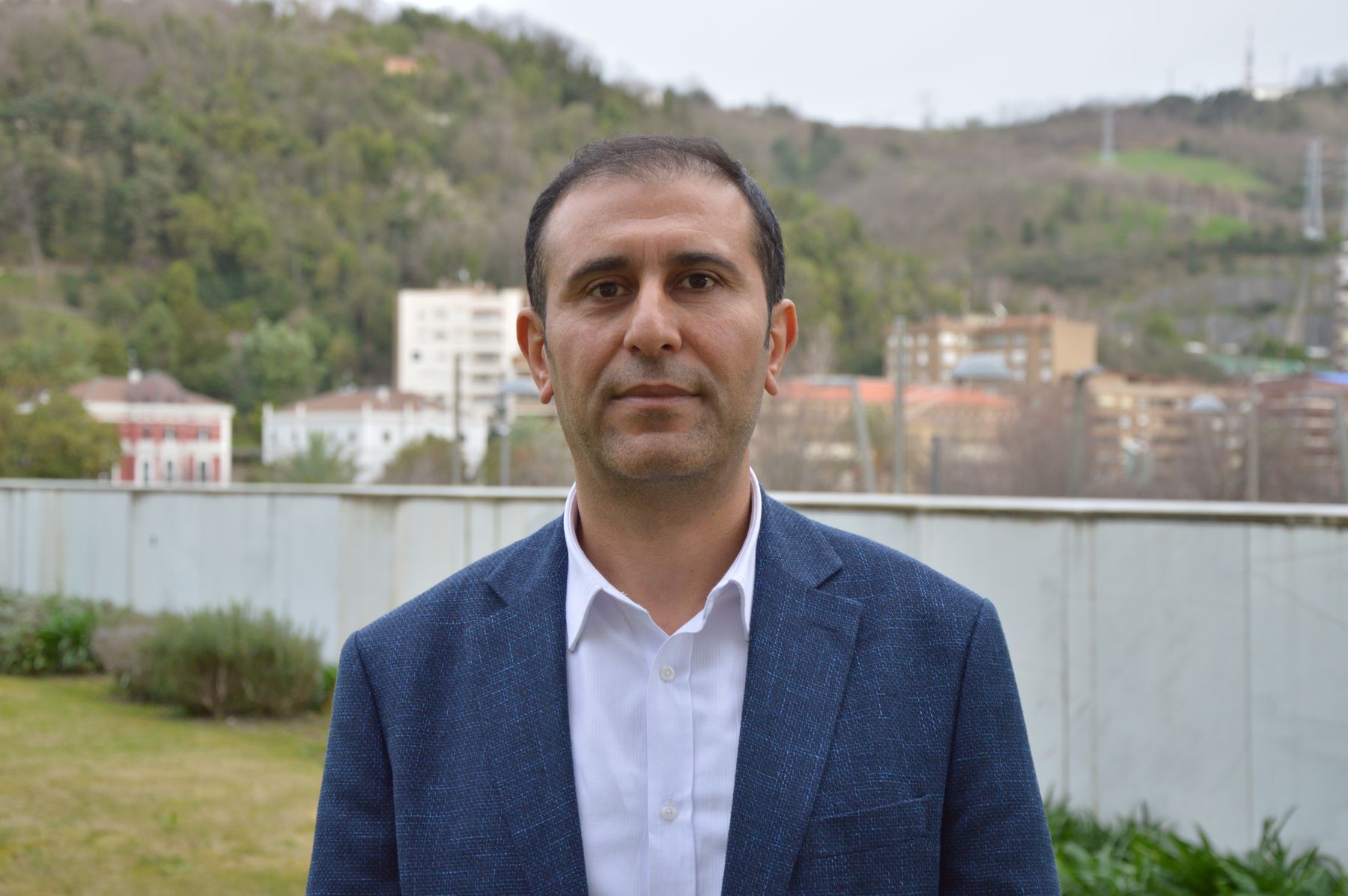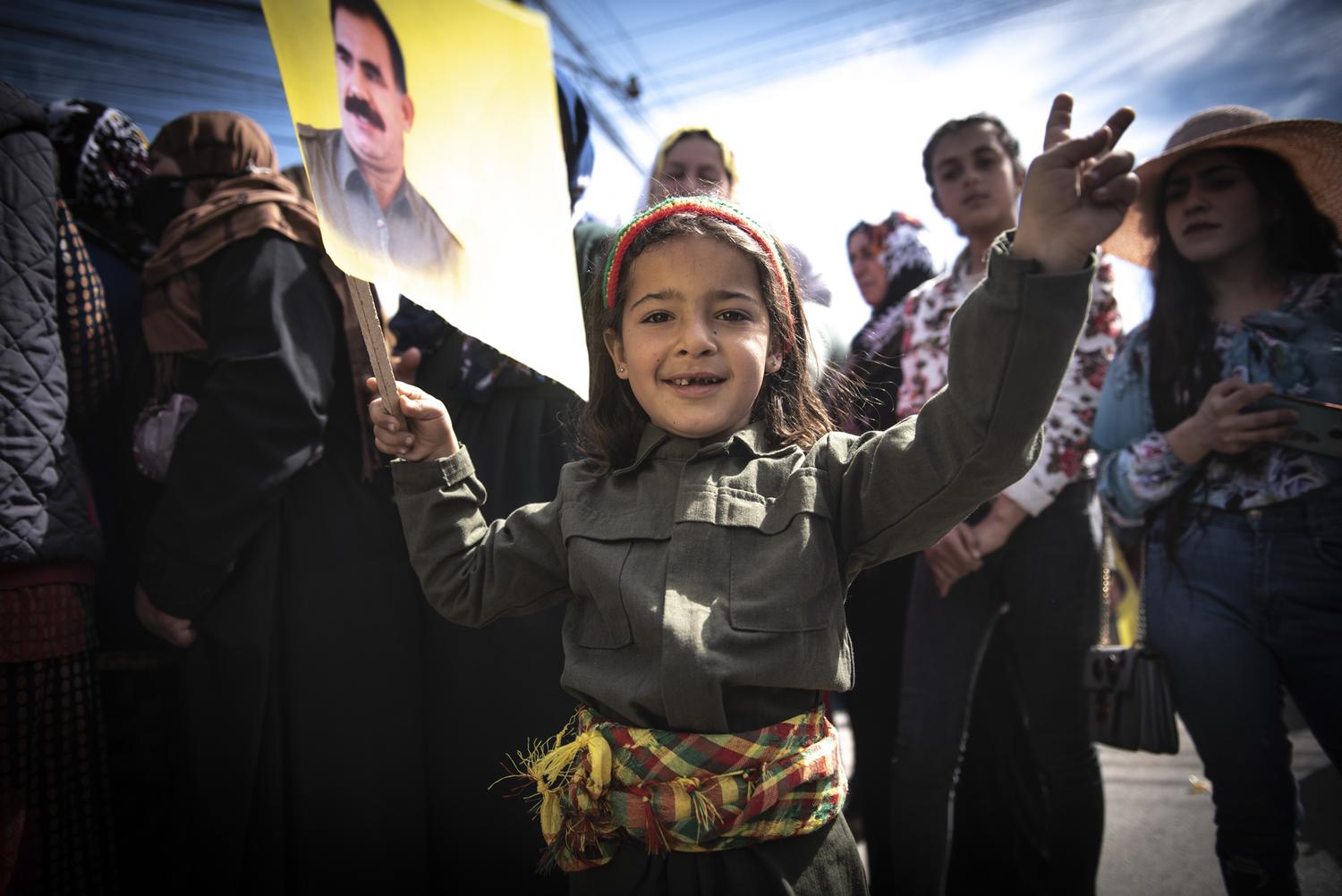Turkey bans 120 Kurdish publications in the last three weeks
- The Association of Kurdish Editors reported on 22 December that over the past three weeks the Turkish authorities have banned more than 120 books, magazines, newspapers or other publications on Kurds.
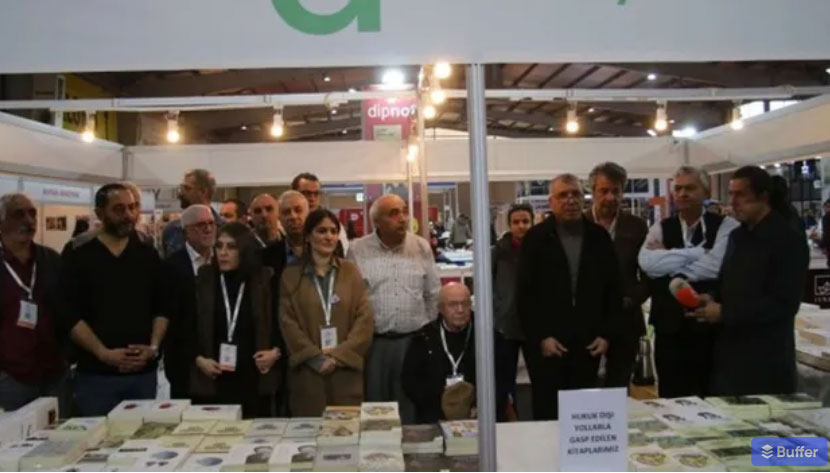
The forbidden works include books on the historic Iraqi Kurdish leader Mustafa Barzani or on the Iraqi sociologist Ismail Besikci. Jihat Rojhulat, a member of the Association of Kurdish Editors Yewkurd, criticized the bans in the statements to the Kurdish media Rudaw and said that “in the 1990s too many books were not banned at once, which belongs to the scope of the Guinness Book of Records”.
According to Rojhulat, these prohibitions are not legal, since Article 3 of the Turkish Press Act provides that books or magazines cannot be prohibited without evidence. The editorial Avesta has been one of the most influential, as in a short time fourteen of its books have been banned.
Songul Keskin, the representative of Avesta, has thus spoken about bans: “One of the books, for example, refers to Kurdish mythology, but the Kurdish does not even mention them, and the first edition was not banned, but the third one. Now, editors have six months to adapt their books to new technologies. They see the books in the raids they have made in the houses, and then the bans come.”
In early December, the Turkish police kidnapped several books in a Diyarbakir market, including Dildarog Serkeftinog (African Resistance Journal), which narrates the incidents of civil war in the Syrian province of Afrin.
Lurrikara geopolitiko bat astintzen ari da Ekialde Hurbileko mapa. Anabasaren erdian, Abdullah Öcalanen bakerako azken deiak mahai gainean jarri du eskualdeko gatazka armatu zaharrena. Ez, aurrekariek ez diote bide ematen itxaropenari, eta historiaren trena inoiz baino... [+]
SDF kurduek gidatutako koalizioak eta Siriako Gobernuak su-etena adostu dute. SDFk Siria ekialdeko eta ipar-ekialdeko eremu zabala kontrolatzen du egun, eta hitzarmenak jaso duenez, gobernuaren esku geratuko da orain.
Abdullah Öcalan buruzagiak PKKri otsailaren 27an eskatu zion armak uzteko. Taldeak egin duen adierazpenean babes osoa agertu dio buruzagiari eta Öcalanek eskatutakoa betetzeko konpromisoa adierazi du.
Urteak iragan dira bere azken argazkia ikusi zenetik. 26 urte daramatza preso Abdullah Öçalanek Turkiako Imrali uhartean, "erakunde terroristako" buruzagitza egotzita. Ostegun eguerdian bere bideo bat ez, baina argazki berri bat zabaltzeko baimena eman du... [+]
Turkish helicopters and fighter aircraft cover the sky in the Kurdish area in northern Iraq. The Turkish Air Force has bombed 381 sites in the major military operation in recent weeks in the Kurdistan Autonomous Region (DRC). The Turkish Ministry of Defence has stated that "the... [+]
Urtzi Urrutikoetxea nazioarteko kazetariarekin mintzatu gara Radio Kobanen, iaz idatzitako Kurdistan-Argi bat ekialde hurbilean liburuari buruz. Testuak azken urteetako gertakizunei erreparatzen die, eta atzerago ere begiratzen du herri kurduaren egoera politikoa eta... [+]








